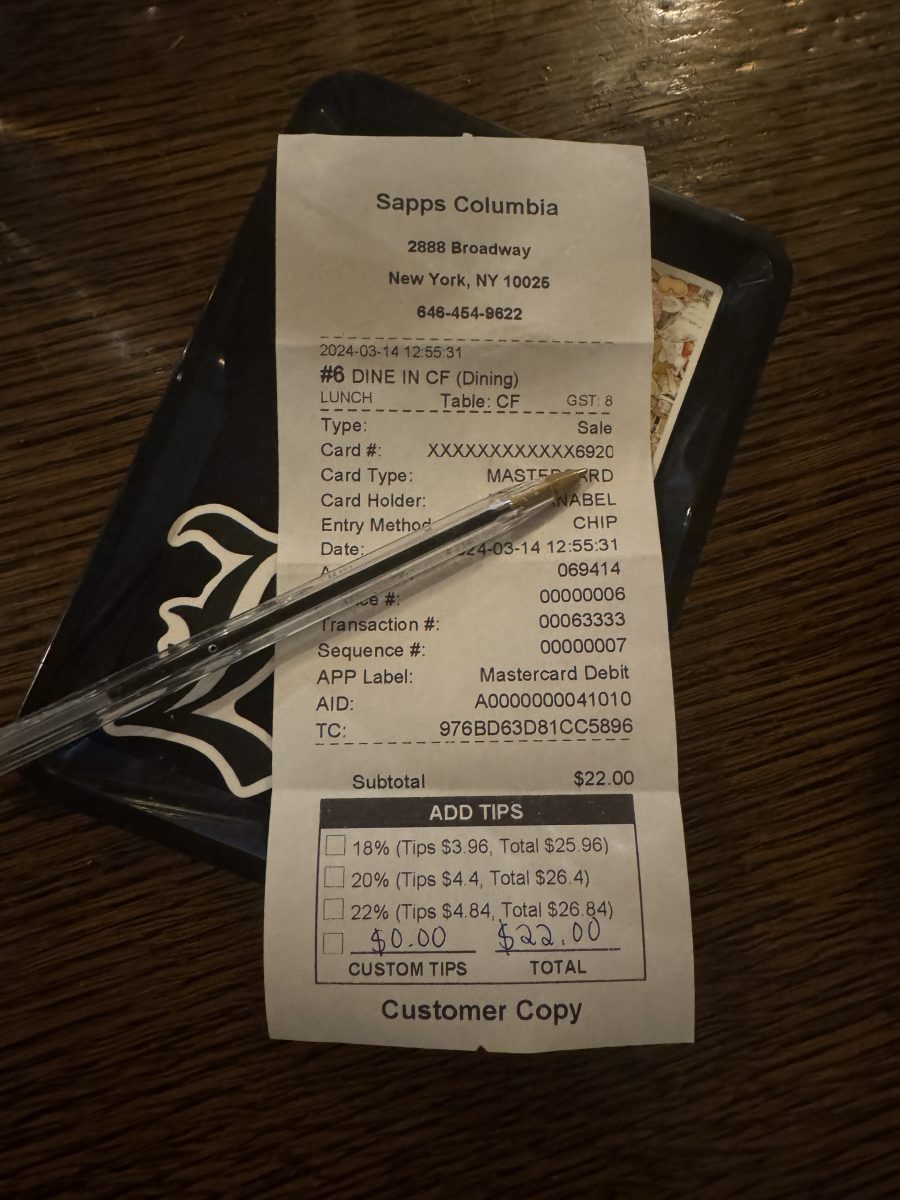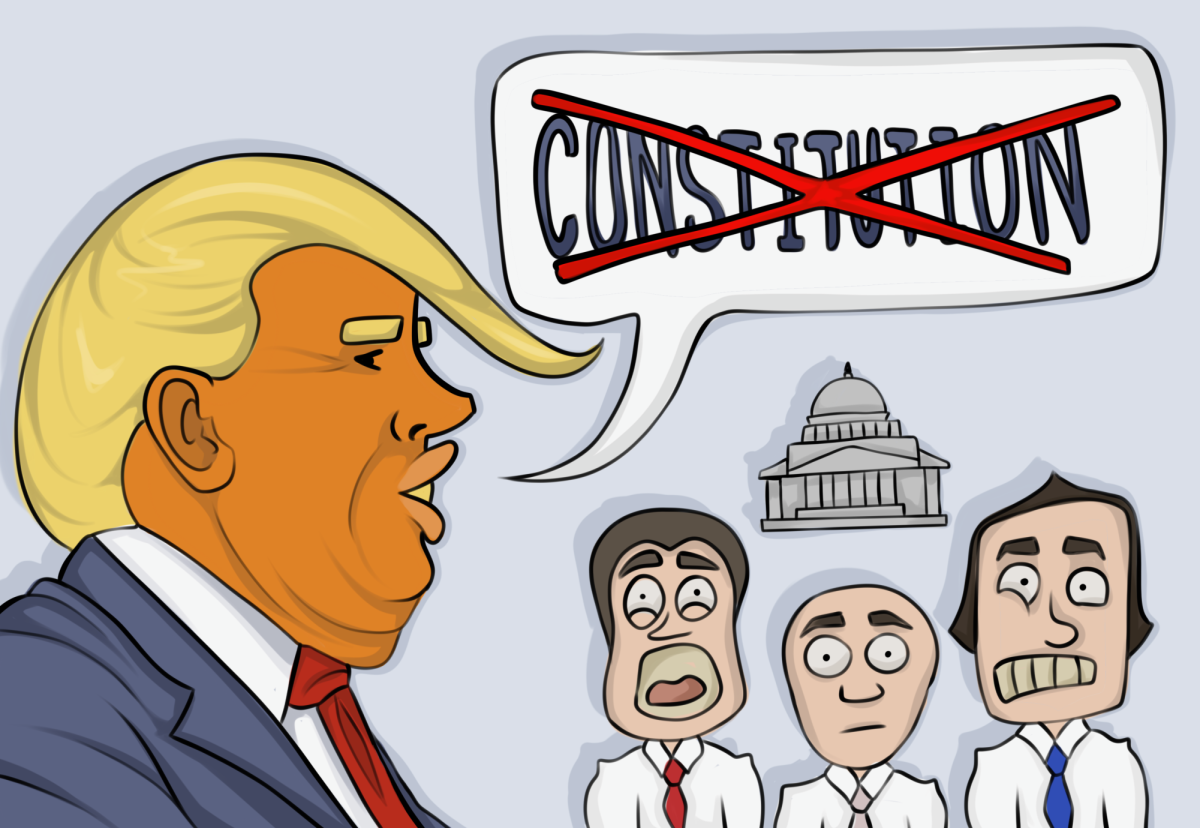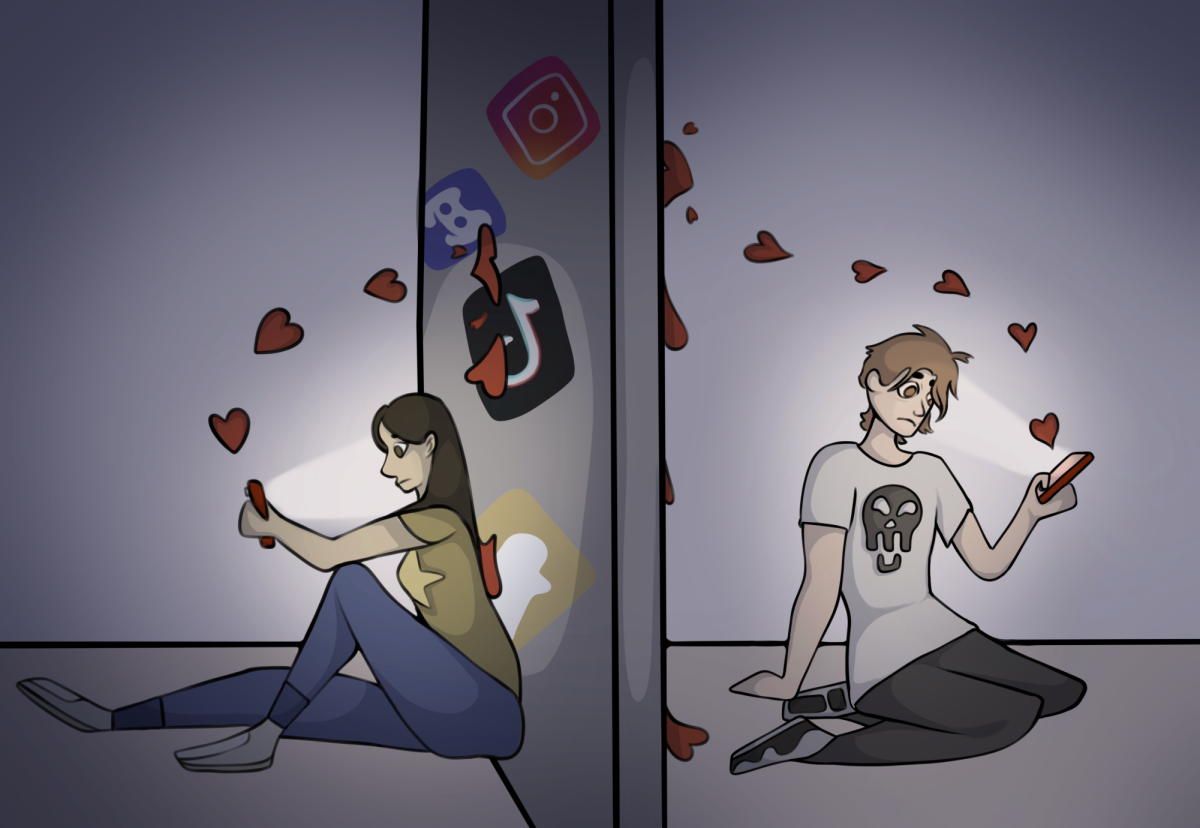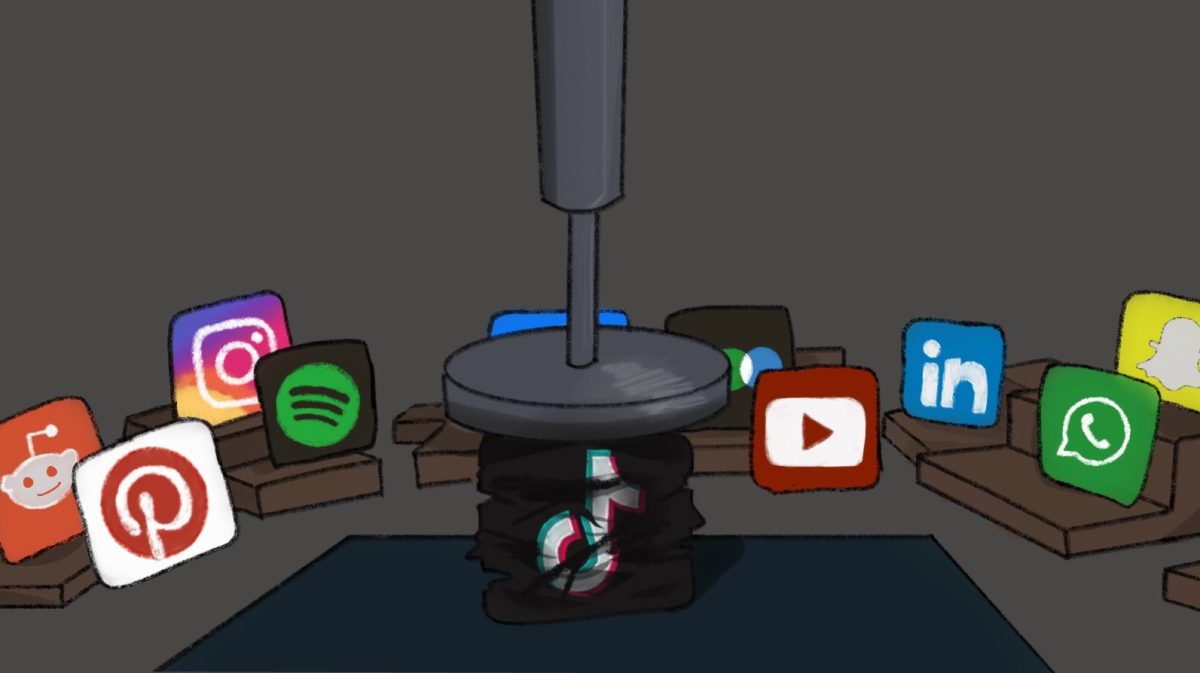Imagine you are a teenage waiter, exhausted at the end of your six-hour shift after a long day at school. You’ve just closed out the check of your biggest party of the night: six of your rowdy classmates. Spending nearly 250 dollars, loudly disrupting your other tables and taking up your entire evening. You open the checkbook to glance at your tip before heading home, only to see a meager eight dollars on the tip line.
Recently, we went out to dinner at the Cheesecake Factory with a group of friends. At the end of the meal, when we went to place our tip, we noticed that our friends had left little to nothing as their tip. We were appalled at the small tip, astonished that they could do such a thing, especially after prolonging the evening by requesting our waiter split our tab five ways with cash.
After that night, we began to speculate where America’s tipping culture originated, considering it is not as popular a practice in most other countries. This led us to consider tipping from many different angles, focusing on from a waiter’s perspective. Paid next to nothing by the restaurant they work for, they are left to rely on tips to make up for the lack of wage paid with every paycheck.
According to a 2023 Bankrate survey, only 35% of Gen Z-ers say that they always tip at sit-down restaurants, which contrasts greatly from the 83% of Baby Boomers that say the same. As inflation causes meals to be more expensive, people are then asked to tip more, which people are not overwhelmingly happy with. In addition to this, the normalized percentage of your check that you tip has risen from 15% to 20%, a concept that annoys many consumers.
In reaction to inflation, everything in our culture has grown more expensive. Rent, groceries and bills are expeditiously more expensive, and the rise in minimum wage has not been able to adequately match this rise in cost of living. This is where the increase in tipping percentage comes into play, as waiters have to rely on a larger number of tips to keep up with the rising cost of living.
“Tipping waiters is a must because their starting salary is usually only a few bucks an hour,” said senior Max DiPatri, a Lost Dog cashier. “Parents should teach their kids to tip [to be] courteous about the fact that waiters only make a few dollars an hour outside of tips.”
While it would be easy to simply blame an individual for the lack of tip going to their waiter, some people simply don’t have enough money to leave a generous tip in addition to their already-costly meal. The general restaurant industry has created a large tipping culture so that they get away with paying their workers less, forcing their workers to rely on customers to make up the difference of their paycheck.
Many blame their lack of tipping on the idea that they don’t know how much or when to tip, but it’s difficult to hear that as a valid excuse. In today’s society, after that culture of necessary tipping has been normalized and integrated, it is the people’s responsibility to know when and how much to tip, and lacking that knowledge is now inexcusable.
“Being a waitress showed me its difficulties and challenges,” said junior Lilia Parker, a waitress at Roccos. “I think it’s important to tip.”
Many feel that they are being asked to tip too much, and that there has been a large spike in the requested tips in recent years. This increase can be seen in shops such as cafes, markets and sandwich shops. Many workers will ring up your food or drink and then twist their tablet screen around and ask you to select a 10%, 15% or 20% tip for simply putting together your order. This is because that tipping culture has shifted from being centered around restaurants and has wrongfully been moved towards including corporate-owned stores such as Starbucks.
Many take this increase in requested tips negatively and flat-out refuse to tip, blaming the individual workers requesting a tip. These consumers should rather recognize their widespread anger with this recent change and move towards pushing companies to simply pay their workers more. The restaurant industry has created a toxic work expectation that is unjustifiable, and should be done away with. These companies have to make strong reforms in the way they run their restaurants, with a heavy focus on paying their waiters a livable wage, as forcing people to tip is a financially insecure method of garnering income for their employees.
The culture of tipping is fundamental knowledge that everyone must know- for when they don’t, the consequences are detrimental. In the way that America’s modern-day culture has shifted, tipping has become the polite thing to do after eating at a restaurant to support the people who serve us every day without receiving adequate compensation for their tedious labor. If people will not push for a widespread reform across all American restaurant corporations, it is only then left on the individual’s shoulders to tip.









